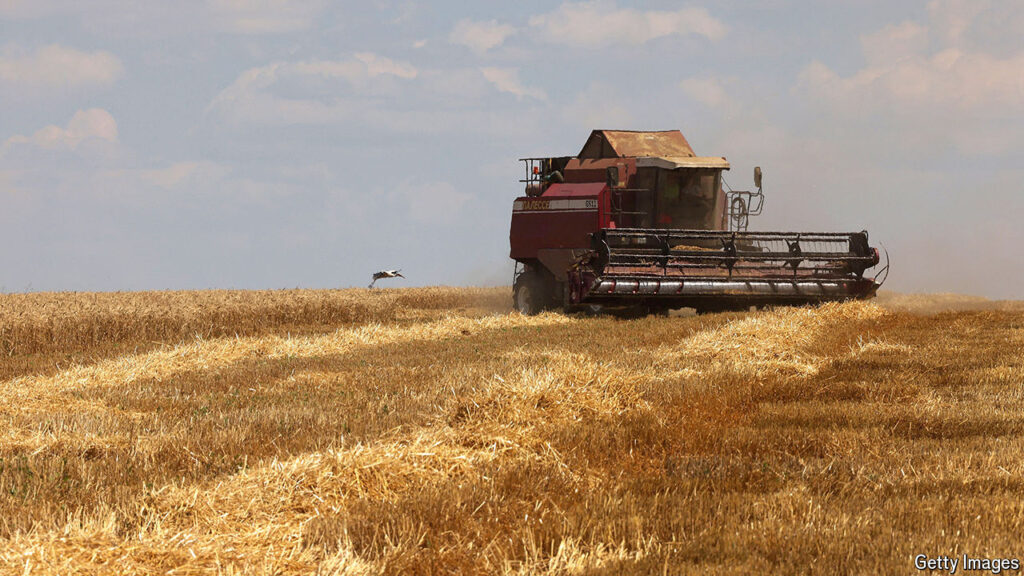Since the beginning of the invasion in 2022, Ukraine has faced enormous challenges, with its economy shrinking by a quarter. The impact of war has been devastating, but it is not the only factor contributing to the government’s reduced tax revenue. Businesses in Ukraine are taking advantage of the chaos to evade paying their fair share of taxes, particularly in the agricultural sector, which was a major source of income for the country before the war.
Before the conflict, agriculture accounted for around 40% of Ukraine’s exports by income. However, the war has led to a transformation in the sector as farmers are now scrambling to find safe export routes to avoid Russian attacks. This disruption has created opportunities for tax evasion, as noted by Taras Kachka, Ukraine’s deputy minister for agriculture. The challenges faced by the agricultural sector are not only due to the war but also the exodus of around 6.5 million Ukrainians – 15% of the country’s pre-war population – which has led to a shrinking domestic food market.
Additionally, Russia’s targeting of transport infrastructure, grain silos, and other agricultural equipment has driven up costs for farmers. Many workers have left the agricultural sector to join the armed forces, further exacerbating the challenges faced by farmers. Mr. Kachka highlights the desperation faced by farmers, with many now resorting to tax evasion as a means of survival. According to his estimates, two out of every five tonnes of grain harvests are not contributing to state coffers due to tax evasion practices.
The situation in Ukraine is dire, with the war taking a toll on the economy and society as a whole. The conflict has displaced millions of people, disrupted essential services, and destroyed vital infrastructure. The agricultural sector, once a cornerstone of the Ukrainian economy, is now struggling to survive amidst the chaos of war. Farmers are facing increased costs, dwindling markets, and the constant threat of Russian attacks.
Despite the challenges, some farmers are managing to adapt to the new reality. Some have found alternative export routes, while others have diversified their crops to mitigate the impact of the war. However, for many farmers, the situation remains grim, with tax evasion becoming a necessary survival strategy. The government is struggling to collect taxes, further compounding the economic challenges faced by the country.
In conclusion, the war in Ukraine has had a devastating impact on the country’s economy, with the agricultural sector particularly hard hit. Farmers are facing unprecedented challenges, from increased costs and market disruptions to the threat of Russian attacks. Tax evasion has become a common practice as farmers struggle to survive in the midst of war. The government must find ways to support the agricultural sector and ensure that farmers can continue to contribute to the country’s economy. Only through concerted efforts and support can Ukraine overcome the challenges posed by the war and rebuild its economy.












